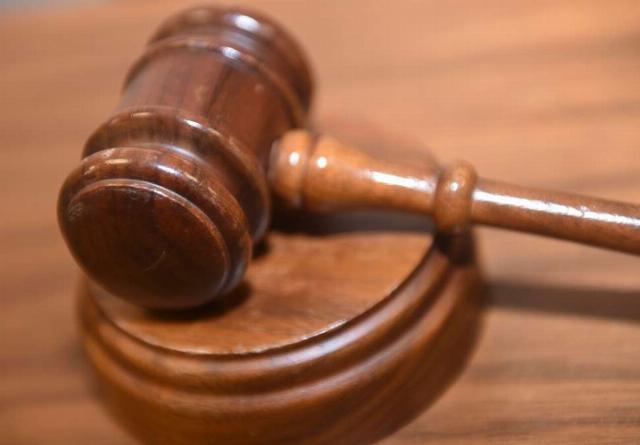Plummeting public trust in the Judiciary
The American Judiciary is facing a crisis of confidence as public outrage swells over federal judges’ repeated interventions in President Donald Trump’s agenda. In just the past few days, rulings blocking foreign aid freezes, personnel shakeups, and terrorist deportations have sparked a firestorm, with social media erupting in accusations of bias, corruption, and judicial overreach. At the center of the storm: Chief Justice John Roberts, whose rare public statement today defending the courts has only deepened the divide.
The latest flashpoint came when U.S. district judge James E. Boasberg halted Trump’s use of a 1798 law to deport alleged Venezuelan gang members, prompting the president to call for his impeachment. Republican Rep. Brandon Gill quickly introduced articles of impeachment in the House — a long shot, given GOP numbers — but Roberts fired back, declaring, “For more than two centuries, it has been established that impeachment is not an appropriate response to disagreement concerning a judicial decision.”
The chief justice’s words, while legally grounded, landed like a political grenade, especially since he’s overseeing a related Supreme Court case.
This isn’t isolated. Over the past weeks, judges have tangled with Trump’s executive moves: a Supreme Court decision on March 7 upheld $2 billion in USAID funds Trump sought to redirect without consideration for the Executive’s national security concerns, another ruling forced the rehiring of 24,000 federal workers, and now Boasberg’s deportation block has conservatives crying foul. On X, terms like “judicial coup” and “rogue judges” are trending, with users speculating about everything from corruption to personal vendettas. Laura Loomer’s report that Boasberg’s daughter works for a pro-immigrant nonprofit has fueled conflict-of-interest claims, echoing past scrutiny of Judge Juan Merchan’s daughter in Trump’s hush money case — now under DOJ investigation.
Roberts’s statement aimed to shield judicial independence, but critics see hypocrisy. “Chief Justice Roberts’ political statement today was a mistake that will undermine public confidence,” said Tom Fitton of Judicial Watch. Sen. Mike Lee questioned why Roberts is wading into Congress’s impeachment turf, while commentator John Daniel Davidson warned of a “full-blown constitutional crisis” driven by “activist federal judges.” Even legal analyst Mike Davis, on Steve Bannon’s Infowars, claimed that judges are privately boasting about derailing Trump’s plans.
The public’s view is darkening fast. Historically a bedrock institution for Republicans, the Judiciary’s legitimacy is cracking: Polls post-2022’s Dobbs decision showed approval below 40%, and today’s online sentiment suggests it’s sinking lower. Now whispers of compromised justices — like unproven rumors tying Roberts to Jeffrey Epstein via his kids’ adoption — only stoke the fire. Justice Ketanji Brown Jackson’s recent Broadway cameo in politically motivated musical & Juliet and old quotes from Justice Sonia Sotomayor about “Latina wisdom” fuel speculations of bias.
The Judiciary’s own rules demand avoiding even the appearance of impropriety, but that standard seems to be slipping out of reach. Republicans’ impeachment push may be symbolic — they lack the Senate votes — but it’s a loud signal of frustration.
Meanwhile, an informed public, fueled by instant news and social media, watches judges thwart Trump’s election promises, from border security to government streamlining. The perception? Courts aren’t just checking power; they’re seizing it.
As constitutional tensions spike, the real threat isn’t the legal back-and-forth. It’s the erosion of trust in a system Americans once saw as impartial. If that collapses, the fallout could shake the republic to its core.

Image via Picryl.





